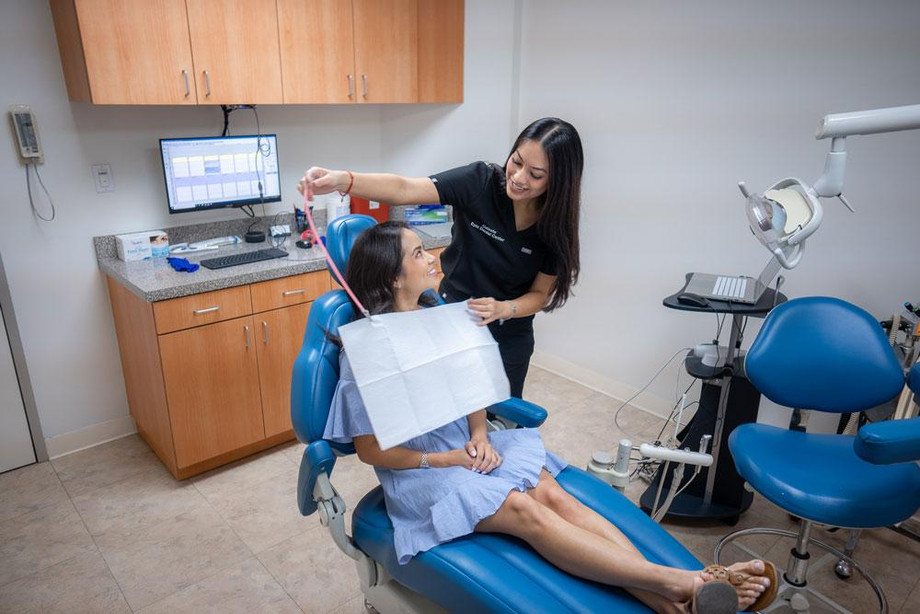Root canal treatment is intended to clean out the infected and decayed root canal, stop the tooth from reinfection, and preserve the natural tooth. A root canal entails the removal of the inflamed or infected pulp and meticulously cleaning, disinfecting, filling, and sealing the tooth's inside. A recent root canal surgery is nothing like the proverbial sayings! It is identical to a normal filling and may often be completed in one or two dental visits, depending on the condition of your tooth and your individual circumstances. A root canal is highly efficient and barely uncomfortable. You'll soon be smiling, biting, and eating effortlessly.
How does root canal treatment save your tooth?
Endodontic or root canal treatment is required when the pulp becomes inflamed or gets infected because of severe decay, a history of dental operations, an unreliable crown, or a crack or chip in the tooth. Even if the tooth does not appear to have any chips or cracks, trauma can cause pulp injury, and it can hurt or result in an abscess if pulp irritation or infection is not treated.
According to dental offices near me, the inflamed or infected pulp is extracted when you receive a root canal or another endodontic procedure. The inside of the tooth is thoroughly cleansed and sterilized before filling and sealed with gutta-percha, a material that resembles rubber. Following treatment, the tooth is typically protected with a crown or filling and functions.
Recovery after root canal treatment?
When the effect of the anesthetic wears off, your teeth and gums can feel sore. Also possible are swollen gums. Most dental experts advise you to take over-the-counter pain relievers like ibuprofen to treat these symptoms for root canal recovery. If the discomfort persists for over a few days or becomes severe, contact a root canal dentist near me. The day after the surgery, you should be able to return to your regular schedule.
You'll visit your regular root canal specialists within a few days after getting root canal treatment. They'll take X-rays to ensure that any infection or decay is cured. They'll also put in a permanent dental filling instead of the temporary one. The dentist can place a permanent crown on the tooth if that's what you'd like. Crowns are false teeth that can be created from gold or porcelain; a crown's advantage is its lifelike appearance.
What are the significant risks of root canal treatment?
To save your natural tooth, your dentist will perform a root canal. However, occasionally the harm is too severe, or the enamel is too weak to resist the operation. These elements may cause a tooth to fall out. Suppose part of the diseased material is left behind, or the antibiotics don't work. In that case, an abscess is also dangerous at the tooth's root. If you're worried about getting a root canal, you can discuss an extraction with your dentist near me at a walk-in dental clinic.
Conclusion
The above-provided information and details tell us about the root canal treatment and recovery process. For more valuable information, please visit epicdentalcenter.com.
Article source: https://www.healthymindz.com/what-is-a-root-canal-treatment/


Comments